North Dakota GOP Senator Thinks Trump Will Support Broadband
'I think he would be quite supportive, but I do think he would want strong oversight,' Senator says
Joel Leighton
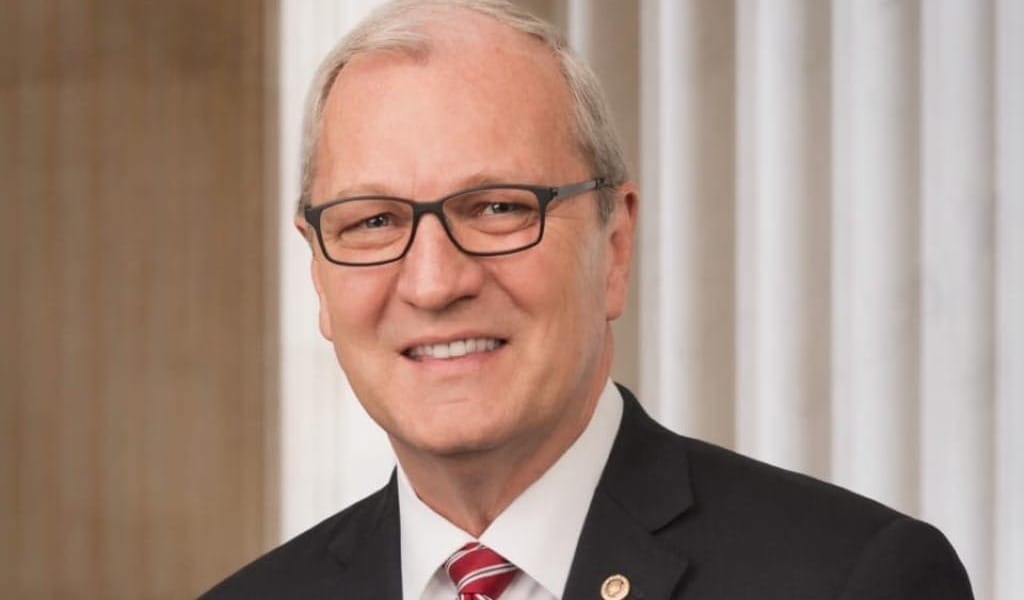
MILWAUKEE, July 18, 2024 – Although the GOP’s 2024 platform does not address connecting Americans to broadband, some Republicans believe the federal government will need to keep investing in the technology, though perhaps at lower levels because of the national debt.
Sen. Kevin Cramer, Republican of North Dakota, said a returning Trump administration might continue with broadband infrastructure subsidies because of President Trump's support for investment projects that help middle class workers hold good-paying jobs.
“He has always liked infrastructure…because he understands that’s the supply side of the economy,” Cramer told Broadband Breakfast. “The supply side is what moves products, goods, services and in this case information.”
Cramer said that connecting more Americans to the internet paved the way for increased online business opportunities, aligning with Trump’s emphasis on economic growth.
“So, I think he would be quite supportive, but I do think he would want strong oversight and make sure we’re not wasting a lot of money helping people who don’t need it,” Cramer said.
Cramer was one of three Republican co-sponsors of a bill that would have extended the Affordable Connectivity Program (ACP), which provided discounts on internet bills for low-income households.
Cramer’s $7 billion Affordable Connectivity Program Extension Act did not pass and ACP funding dried up on May 31. Cramer said he supported ACP because it promoted internet usage, thereby creating market incentives for increased investment.
Continued broadband infrastructure investment has received mixed reaction within the Republican base. Some view the technology as inessential while some view it as vital to modern life.
Texas convention delegate Gulrez Khan supported broadband infrastructure for rural areas during a 2022 run for mayor in Lubbock in northwest part of the Lone Star State.
“It’s very much needed,” Khan said. “When President Trump comes back, we would want all these technological projects to continue to facilitate our businesses, our rural communities especially,” Khan said.
However, some at the Republican National Convention here did not see a pressing need to continue infrastructure projects.
Tyler Herrig, an alternate convention delegate from Iowa, supported continuing broadband infrastructure projects but did not consider them among the top priorities for federal funding.
“While it’s a convenience and a luxury, it’s not really a necessity. So up on our list I don’t know if it’s a huge thing in small rural Iowa,” Herrig said.
Echoing this sentiment, Cramer said broadband spending will get a close look on Capitol Hill because of the country’s $34 trillion debt.
“We have to sort of prioritize things and I’m not sure that ubiquitous broadband in every nook and cranny of the country at the expense of the taxpayer is necessarily the best investment,” Cramer said.


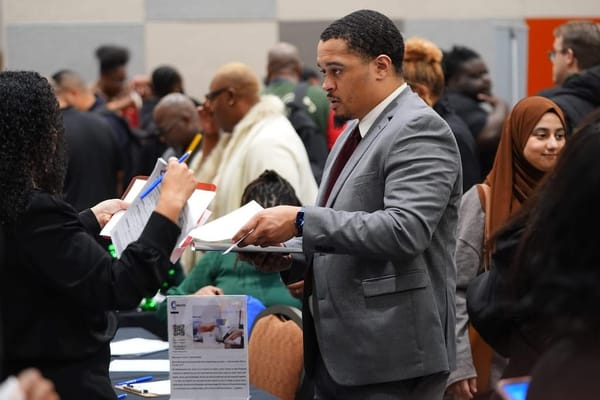

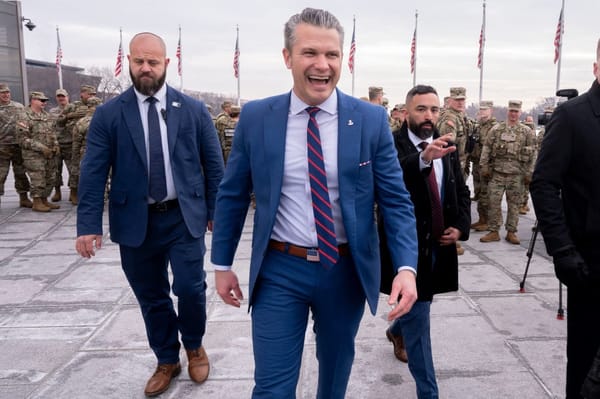
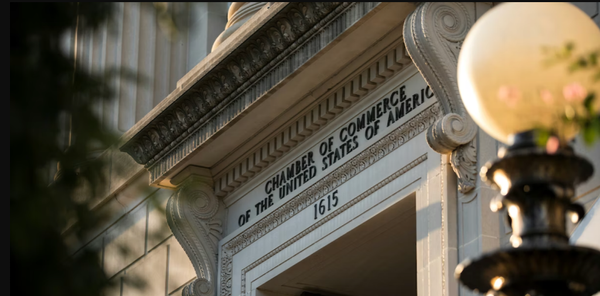



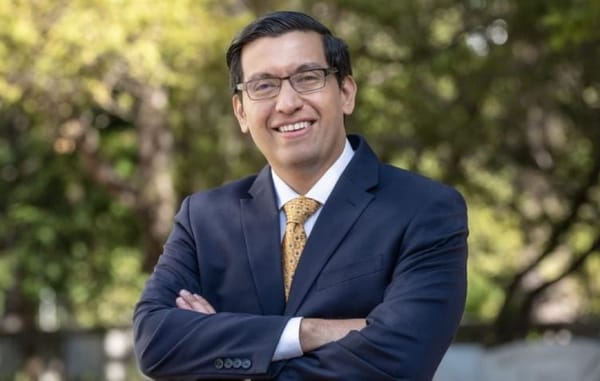
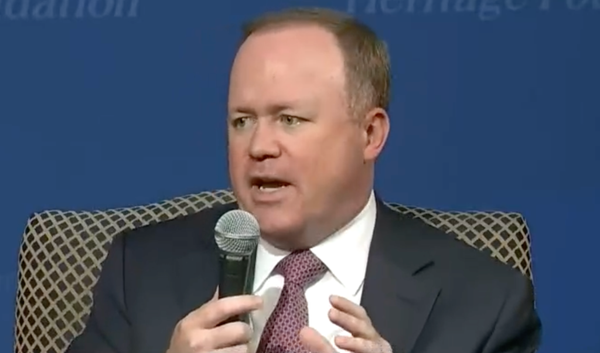
Member discussion